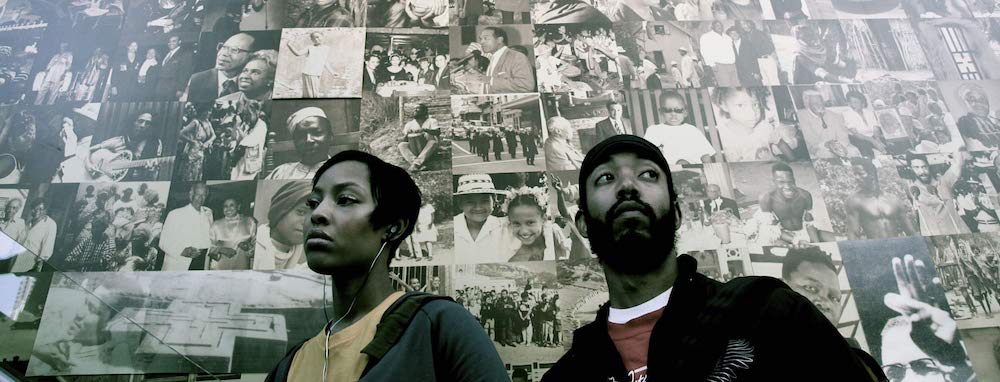From the time filmmaker Spike Lee first rose to prominence in the 1980s, his work has come to define the state of Black filmmaking in the United States. That’s all to his credit as one of the most exciting filmmakers of our time; there is no question that his ability to both get his films made—under circumstances not always friendly to Black filmmakers—and to market himself, have proven inspirational to artists of color everywhere. But his achievements have sometimes overshadowed the contributions of other notable Black directors, past, present and future. Let’s not forget pioneers such as Oscar Micheaux, Gordon Parks, Kathleen Collins, Charles Burnett, Julie Dash, and others. And today, there is fortunately a robust generation of African American directors whose work offers a great variety of perspectives on life in general and the Black experience in particular. Lee and other forerunners paved the way for a new era of filmmakers who explore everything from the tragic legacy of slavery to the ordinary struggles of everyday life in a range of genres, from documentary to romantic comedy to drama.
In the wake of the nation’s recent and ongoing reckoning with its history of entrenched racism, now seems as good a time as any to examine four relatively recent films from some of this current cohort of creative artists, all born after 1970, who are helping to define contemporary Black cinema. Join us as we watch and discuss Medicine for Melancholy (Barry Jenkins, 2008), Pariah (Dee Rees, 2011), Middle of Nowhere (Ava DuVernay, 2012) and Fruitvale Station (Ryan Coogler, 2013). Individual descriptions of each film follow below.Presented by Christopher Llewellyn Reed, chair, Film & Moving Image Department, Stevenson University
+++
With his 2016 Oscar-winning film Moonlight, director Barry Jenkins catapulted into the ranks of top filmmakers, following that masterpiece with the 2018 If Beale Street Could Talk (adapted from the eponymous James Baldwin novel). Long before either work, Jenkins made the low-budget feature Medicine for Melancholy, starring comedian Wyatt Cenac and Tracey Heggins, in 2008 (and eight years would pass before he would direct another full-length movie). The story follows Micah and Jo, who spend the day together after a one-night stand. Beautifully photographed and filled with moments of seemingly effortless mise-en-scène, Medicine for Melancholy not only stands alone as a film of great merit, but also serves as a brilliant showcase for the talent that would finally be recognized, in all its glory, eight years later.
(2008, directed by Barry Jenkins, 88 min.)
$15 door fee for guests and subscribers
Learn More